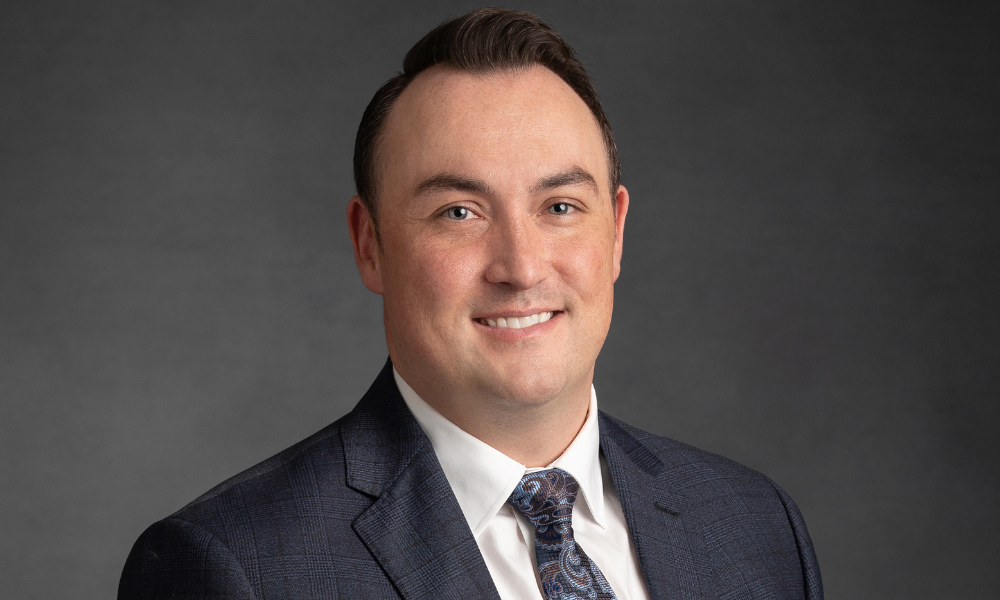Five years after the collapse of the biggest Ponzi scheme in history, client distrust and speculation persist, says one Canadian advisor.
It may be five years since ‘Mr. Ponzi’ and his empire came tumbling down, but the dust has yet to settle when it comes to Madoff stigma, says one Canadian advisor.
“Bernie Madoff is still the label attached to anything nefarious that goes on in the industry …,” says David Christianson, vice president of Christianson Wealth Advisors in Winnipeg. “With the coming lawsuits, I think it will be back in the public consciousness even more. This will last awhile.”
Arrested by the FBI on Dec. 11, 2008, Bernie Madoff pleaded guilty to what is considered the largest Ponzi scheme in history. His investment firm, Bernard L. Madoff Investment Securities (BLMIS), is responsible for losses totaling at least US$17 billion, which left thousands of victims scrambling in its trail. Madoff has since been sentenced to 150 years in prison.
Christianson believes that a scheme of this grandeur can’t help but have residual effects. Though he hasn’t noticed an erosion of trust in his own clients, Christianson experienced the impact of this Ponzi scheme another way. “People I know, especially older people, have asked me for my advice on how they can avoid these things,” he said. “For example, someone who is with a very good portfolio manager and has been getting good returns actually made an appointment with me to ask if I could outline any of the ways that they could possibly steal money from their clients en masse.”
Christianson met with the client, reviewed the possibilities and ways to safeguard against them.
“Clients can protect themselves by making sure they get good referrals from people with long relationships with their potential advisor, and by asking a lot of tough questions along the way,” he advises. “Consumers should keep in mind that no question is impolite or outside when it comes to their money.” (continued on Page 2)
#pb#
Since Madoff’s arrest, 15 other individuals – including his accountants and traders – have been charged, despite the bigwig claiming he was a one-man show. Nine of them, including Frank DiPascali - Madoff’s top dog and one of BLMIS’ longest-serving employees - pleaded guilty and have agreed to assist the government in building cases against former co-workers. Cases are ongoing and more people could be charged.
In the Madoff aftermath, the industry is in flux with the Securities and Exchange Commission (SEC) in the U.S. proposing several reforms – including increased transparency, better coordination efforts and improved fraud-detection procedures – to combat criticism. Industry equivalents in Canada, the U.K. and Australia are following suite. Already, enforcement by the SEC in 2011 and 2012 has resulted in US$6 billion in court-ordered penalties and disgorgement. But, will these efforts prevent a Ponzi scheme from ever happening again?
“Unfortunately, I do think it could happen again, although on a much smaller scale. The industry and the regulators and enforcers are smarter now, but they will forget,” says Christianson. “Regulation tries to keep bad players out of the industry, but Madoff was a pillar of the community in the industry.
"In my view, the regulators spend too much time making up rules and spending time on the majority of good people in the industry, and not enough in trying to stop the bad guys before they cause damage. Smart criminals are always a few steps ahead.”
Do you think another ‘Mr. Ponzi’ is just around the corner? Tell WP what you think in the comment box below.
See more Ponzi stories:



